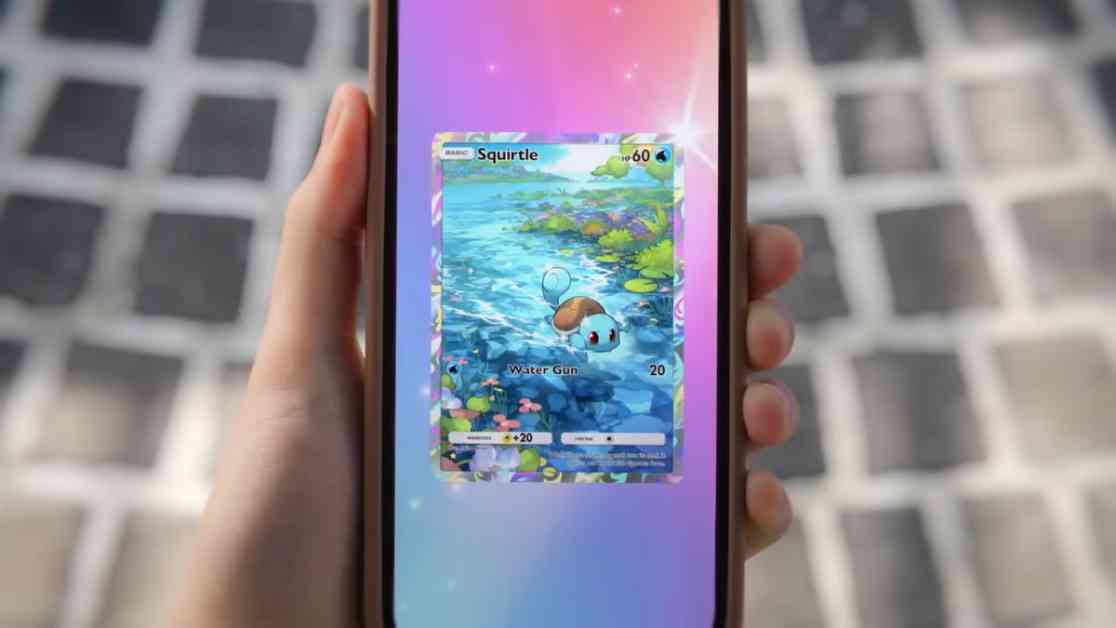I used to avoid trading card games, despite my love for Pokémon and Yu-Gi-Oh as a kid. However, recently I tried Magic: The Gathering and found it fun and rewarding, despite warnings about the cost. This experience led me to try out Pokémon TCG Pocket, a mobile game that adapts the popular card game. The game introduces you to the basics through a slow tutorial, allowing you to play and evolve Pokémon, use energies for attacks, and learn about support cards. It’s a great starting point for beginners looking to get into the actual card game.
One of the main attractions of Pokémon TCG Pocket is the various currencies and systems it offers. The booster packs, Wonder Pick feature, and shop are prominently displayed on the home screen. Opening booster packs generates pack points, which can be used to obtain single cards of different values. The Wonder Pick feature allows you to select a randomized card from recently opened packs, providing a chance to get high-value cards. The game also introduces hourglasses, which can be used to speed up timers for opening packs and other activities.
As you progress in the game, you’ll earn hourglasses and other rewards, encouraging you to spend them to enhance your gameplay experience. There’s also an option to upgrade to a premium pass for additional benefits. The game subtly pushes you to spend money on packs and upgrades, creating a sense of FOMO (fear of missing out) to keep you engaged. Players who invest more money may have better cards, giving them an advantage in battles.
Despite the enjoyable gameplay and tactical elements of Pokémon TCG Pocket, there are concerns about the long-term sustainability of the game. The reliance on digital content raises questions about the permanence of the experience, especially considering the volatile nature of digital media. Physical cards and collectibles offer a sense of permanence and ownership that digital content may not provide.
While Pokémon TCG Pocket offers entertainment and strategic gameplay, it’s essential to approach it with caution and awareness of the potential pitfalls of gacha games and microtransactions. The game’s success relies on player engagement and financial investment, highlighting the balance between enjoyment and responsible gaming practices. As the game evolves, it will be interesting to see how it addresses these issues and maintains its appeal to players.

